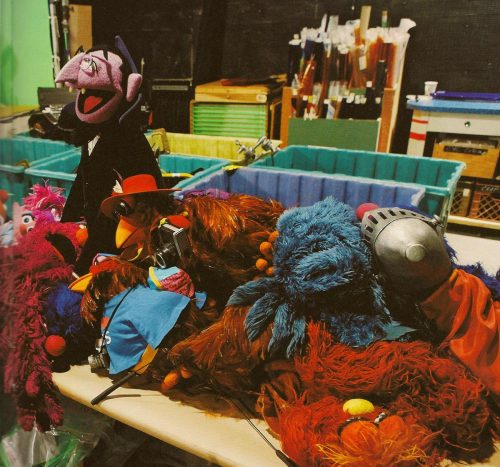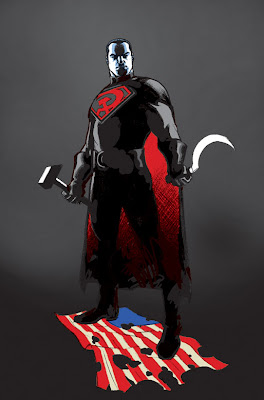Last month, I was discussing it, and one of my first thoughts was, "It should've won Best Animated Feature. It's absurd that it lost to Finding Nemo.
"To me, Belleville is a work of purest cinema, and Nemo is a jumble of chase scenes, stock characters, and witless banter. Why, it's offensive to even list them in the same category!"
And then I realized, "Wait, they're not only different categories, they're different species! They have nothing to do with one another!
"Discussing Belleville makes me spite an irrelevant movie. I'm the one who brought Nemo up, in the first place. Why am I getting upset?"
Finding Nemo offers ninety-eight minutes' worth of reasons to dislike it--but resenting it because someone on TV liked it more than another movie that happened to premiere the same year...well, that's not sane.
So fuck the Oscars. And the Pulitzer Prize. And any award that turns creativity into a competition.
You can have a favorite work of art. You can have several favorites. You can hate everything you've ever seen, or love anything you've never seen.
But there isn't a best work of art.
That's not the point.

